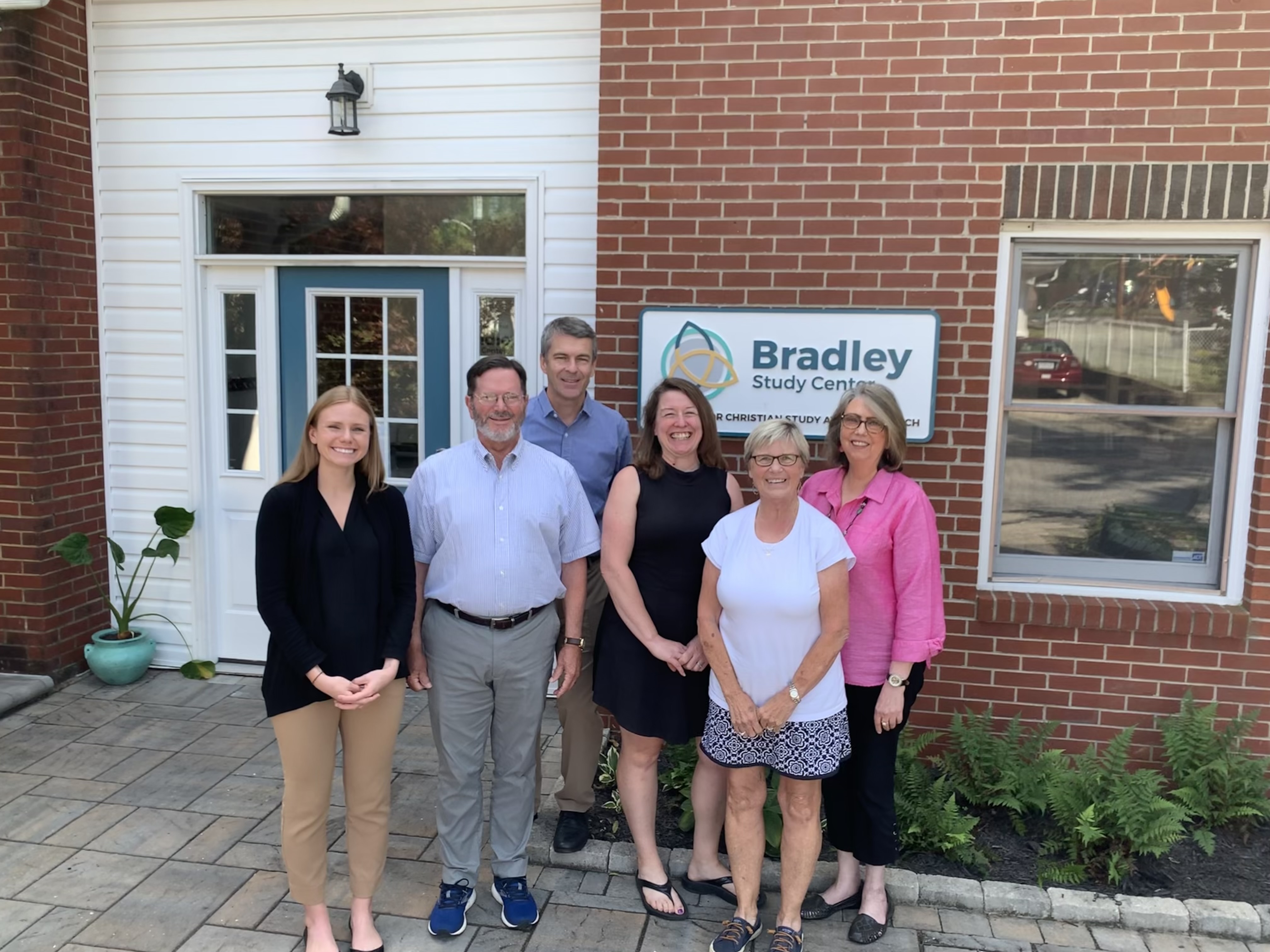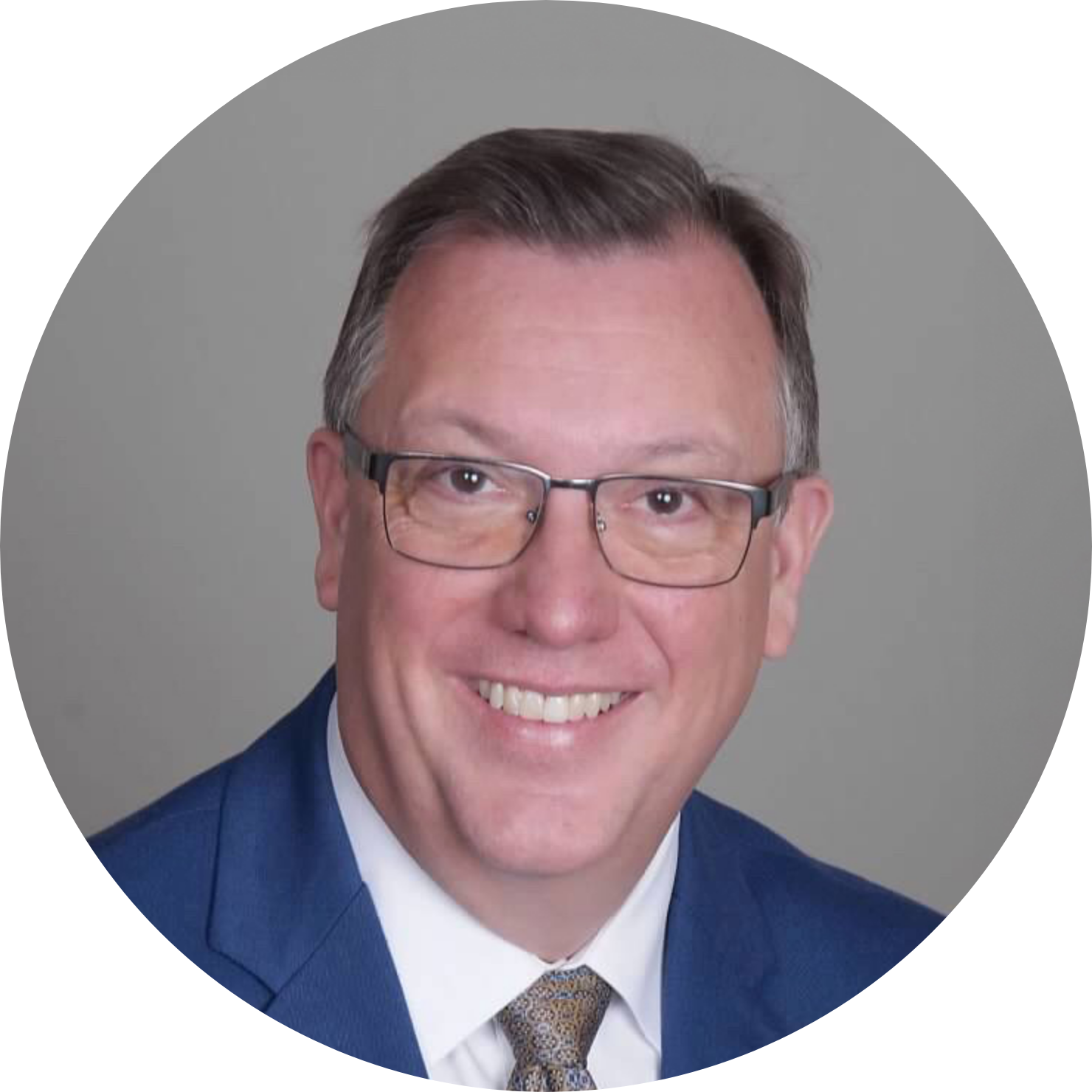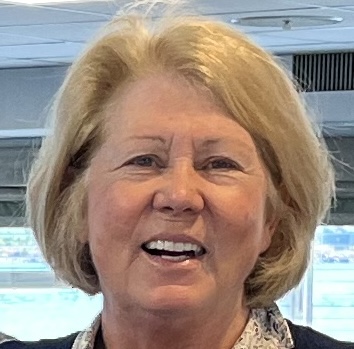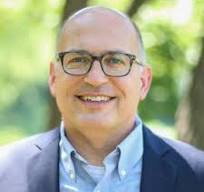Who We Are
What is a Study Center?
A Hub of Christian Community & Learning
Located at (or adjacent to) secular colleges and universities, study centers support and complement their host institutions’ mission to discover and disseminate knowledge by providing co-curricular programming that leans into the enduring human questions of meaning, purpose and value. Programming typically consists of lectures, courses, reading or film discussion groups, and fellows programs, often in a residential or other hospitality-oriented facility.
By aiming at deeply integrated and transformational knowledge and callings for Christian students, faculty, staff, and administrators who work within and serve pluralistic universities, study centers thus take up the historic mission of the college as an educational institution pursuing the moral and intellectual formation of persons.
– Karl E. Johnson
Most Christian Study Centers sponsor programming that consists of lectures, courses, reading or film discussion groups, and fellows programs, often in a residential or other hospitality-oriented facility. But that is not what a study center is. That is what a study center does.
Leadership
Karl E. Johnson
Executive Director
Team
Board of Directors
Bryan Bademan is Executive Director of Anselm House. Raised in Minnesota, he has a B.S. from the Carlson School of Management. As an undergrad he was especially inspired by the study of the Christian past, and continued his historical studies at Wheaton College (M.A.) and the University of Notre Dame (Ph.D.). His interests are in the history of Christianity with a focus on American Protestantism. Prior to joining the Anselm House team, Bryan taught history at universities in New Jersey, Connecticut, Wisconsin, and Minnesota. He speaks regularly on a range of topics including religion and American higher education; religion and emerging adults; Christianity and secularization in America; and a theology of work and vocation. Bryan also serves as Assistant Secretary for Finance for the American Society of Church History.
History






1970s & 1980s
1990s
The 1990s was a fertile decade for Christian scholarship generally and the study center movement in particular. Taking to heart the message of manifestos for Christian learning such as Mark Noll’s Scandal of the Evangelical Mind (1994) and George Marsden’s Outrageous Idea of Christian Scholarship (1997), combined with the creative and catalytic periodical Books & Culture: A Christian Review, new centers began popping up, mostly at research universities. By the end of the decade, these included Rivendell Institute (Yale, 1995), the Christian Study Center of Gainesville (UF, 2000) and Chesterton House (Cornell, 2000). In 1998, when Drew Trotter was invited to give the Francis Schaeffer Memorial Lectures at Covenant Theological Seminary in St. Louis, a handful of center directors intentionally gathered to discuss their common vision for the first time.
2000s
Similar informal gatherings of center directors continued intermittently for about a decade. In July 2007, a dozen directors gathered at Chesterton House and resolved to formalize their collective endeavor. In July 2008, representatives of six centers met in St. Paul, MN, and officially formed the Consortium of Christian Study Centers. The founders were Randy Bare of Westminster House (UC, Berkeley), Rick Howe of the Dayspring Institute, (CU Boulder), Karl Johnson of Chesterton House, Dave Mahan of Rivendell Institute, Bob Osburn of the MacLaurin Institute (now Anselm House) and Drew Trotter of the Center for Christian Study. They crafted a mission statement, adopted by-laws and appointed Drew Trotter as full-time Executive Director, to begin Jan. 1, 2009.
2010s
With the mission of service to member centers, in 2011 the Consortium held its first Annual Meeting—an opportunity for center staff to engage one another in workshops and seminars related to all aspects of center management and programming, as well as to hear keynote addresses from invited scholars. Twenty-two representatives attended. Karl Johnson, David Mahan and Drew Trotter led a panel discussion, sharing insights on what they had learned in a combined fifty years of study center experience. Attendees included several recent center founders, including Missy DeRegibus of Cogito (Hampden-Sydney College, 2010), Rimes McElveen of Mere Christianity Forum (Furman, 2001), Ben Sanders of Arizona Center for Christian Studies (ASU, 2011) as well as Edward Dixon, who would soon start the Center for Christianity and Scholarship (Duke, 2012).
2020 & Beyond
Despite the challenges associated with the COVID-19 pandemic, the movement continued to grow and thrive. Five new centers joined the Consortium in 2020 and 2021, and several existing centers embarked on multi-million-dollar capital campaigns related to the purchase and remodeling of physical facilities. At the end of 2021, a survey found that two-thirds of centers own their own facility, the largest of these being Upper House (UW Madison).
In January 2021, Karl Johnson succeeded Drew Trotter as Executive Director, while Trotter assumed the new role of Senior Scholar. The 2021 Annual Meeting, held virtually over five days spread throughout the month of July, included over 40 workshops and was attended by over 100 staff and board members. In the fall of that year, the Consortium held a well-attended webinar featuring New Testament scholar N.T. Wright.
During the winter of 2021-2022, the Consortium added two new positions. Kim Glass joined the staff team as Communications and Development Manager, and Charity Wahrenberger became the ministry’s Internship Program Director. Kim promptly redesigned the webpage and also the e-newsletter, now called Periscope. The new Internship Program was made possible by grants from three foundations totaling more than $500,000. In the summer of 2022, we finally resumed normal in-person programs. The Vocation Project at Regent College was led by Dr. Fred Barber, and the 2022 Annual Meeting was hosted by Upper House, the study center at UW Madison.
In 2023, the Annual Meeting was held at the brand new Anselm House facility in Minneapolis, MN with 120 attendees. Executive Directors enjoyed a pre-conference with philosopher Oliver O’Donovan, and on the last evening we honored Drew Trotter for his many years of service to the Consortium and the movement. In other news, the Consortium received a two-year continuation grant for the Internship Program.
2024 was another year of healthy and steady growth for the Consortium. Two new centers joined up—the NC State Study Center in Raleigh, NC, and the Saviourgate Study Centre in York, England. In addition to formally receiving our first international center into the network, we are in contact with a dozen or so other emerging centers in Argentina, Germany, Hungary, South Africa, and elsewhere. The Annual Meeting, hosted by the North Carolina Study Center, reached new heights with nearly 150 attendees. The meeting was anchored by keynoters Greg Jones, president of Belmont College, and Chris Clemens, UNC provost. The Internship Program also continued along its growth trajectory—from five to eight full-time interns. Three former interns (and soon a fourth) are now serving in full-time staff roles at study centers.
Kim Glass moved on for an excellent professional opportunity, and we hired Dr. Fred Barber into a new (part-time) role as Director of Strategic Initiatives. Fred’s role is closely related to the newly adopted strategic plan and the Consortium’s first Capital Campaign. With Fred’s expertise in organizational design and program planning, we aim to speed up the process of starting new hubs of Christian community, hospitality and learning at strategically located secular universities.
Statement of Faith














